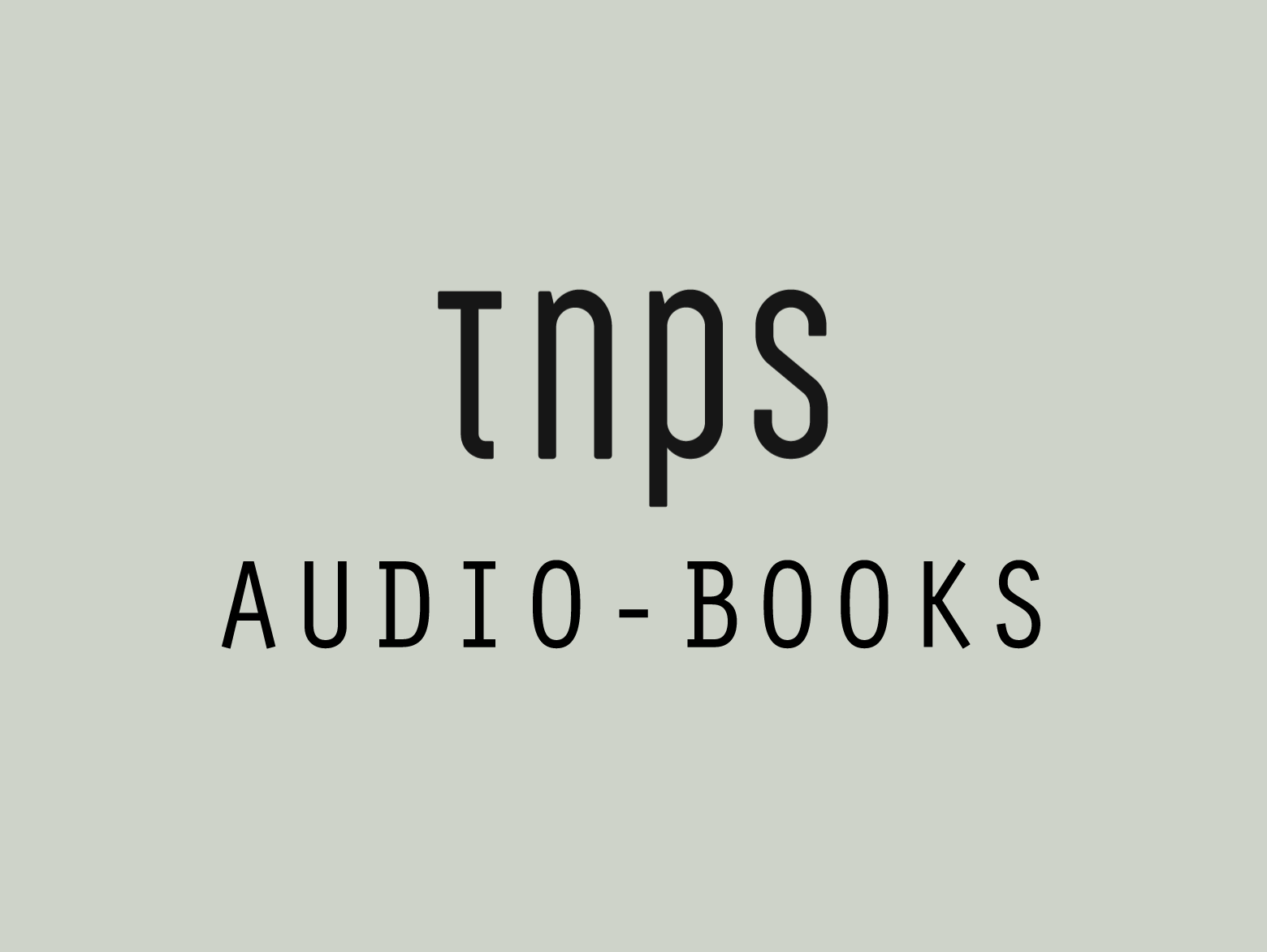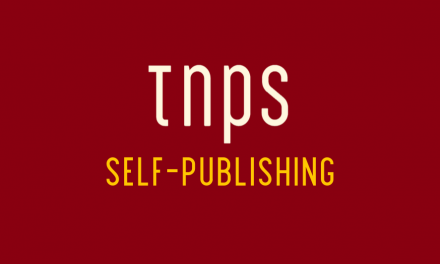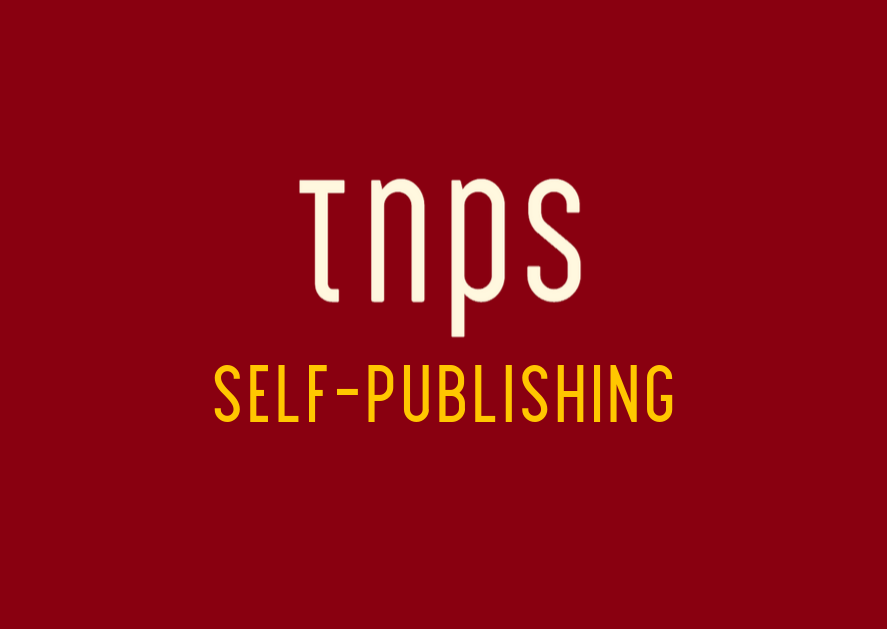It’s so counterintuitive it needs to be read twice, but in the battle between Sweden’s biggest streaming service, Storytel, and Sweden’s biggest publisher Bonnier, which also happens to own Sweden’s second biggest streaming outfit, Bookbeat, it seems both companies are making more money by having less content available.
But is that the full story, is one side doing better than the other, or are both sides just making the best of a bad lot? And who will be the long-term winners and losers?
For Storytel, Bonnier was its big-name and big-volume supplier and as such got special treatment that comes with such muscle. That is to say high visibility for Bonnier content on Storytel and better royalties for Bonnier than other publishers got.
The justification for all this of course being Storytel’s understandable supposition that big-name Bonnier content attracted paying subscribers who would then consume other content carrying a lower royalty.

But earlier this week Storytel CEO Jonas Tellander told Svensk Bokhandel,
We have had more subscribers in April, while listening to Bonnier’s backlist with us has fallen sharply. We expect an increased gross margin because the consumption of Bonnier’s backlist directory has decreased significantly and is expected to continue to decrease as the conflict continues.
As noted at TNPS a few days ago, that’s partly because of the aforementioned preferential royalty rate Bonnier enjoyed as compared to other publishers, which means not only is Storytel seeing more subscribers but it is paying less per unit.
And of course other publishers are seeing their titles fill the vacuum, not least because Storytel is not giving Bonnier’s backlist titles any visibility advantage.
As Svensk Bokhandel observes,
Because Storytel saves money on customers listening to other publishers’ books, it must mean that Bonnier loses money.
Impeccable logic. Yet Svensk Bokhandel goes on to report Bonnier claiming sales increased in April compared to the previous year. Bonnier’s Sara said.
We are pleased that the figures for our digital business show continued strong growth. The listening in Nextory and Bookbeat increased, which gives the authors better pay and increases our margin.

Bookbeat CEO Niclas Sandin was more specific:
We have generally become more popular last year and have taken an increasing market share in Sweden. In numbers, the number of new users increased by well over 100 percent compared to the number of recruited April 2018 so we are of course satisfied with the month.
Fair enough. But that leaves unanswered the question whether the dispute is hurting Bonnier.
Year on year comparisons show Bookbeat is doing well and Storytel is doing well, but might Bookbeat be doing better if it still had the revenue from Storytel coming in?
Svensk Bokhandel wound up this story with an editorial saying,
Only the two parties involved really know how this conflict affects them financially.
For consumers and all of us in the book industry it is a taste of what may become our new everyday life – a competitive situation more closely resembling Netflix and HBO than the current relationship between Bokus and Adlibris.
Suddenly it’s not just Storytel that has exclusive content, with Bookbeat and Nextory fielding titles not available at Storytel. It’s a new situation.
And one we outside Sweden need to get used to too.
Currently it is Amazon and Audible that lead the way with exclusive content, and not just digital. Amazon imprint print books are as a rule only to be found on Amazon, although that in part can be explained by the refusal of other stores to stock them.
But we are fast approaching the time when subscription models prevail even in the hold-out countries like the US and UK. And when that happens we will indeed move to a landscape similar to that emerging with video streaming, where consumers will have to forego some pleasures because their preferred content is locked behind a subscription paywall.






Maybe the market is growing overall, disguising lost or forgone opportunities.